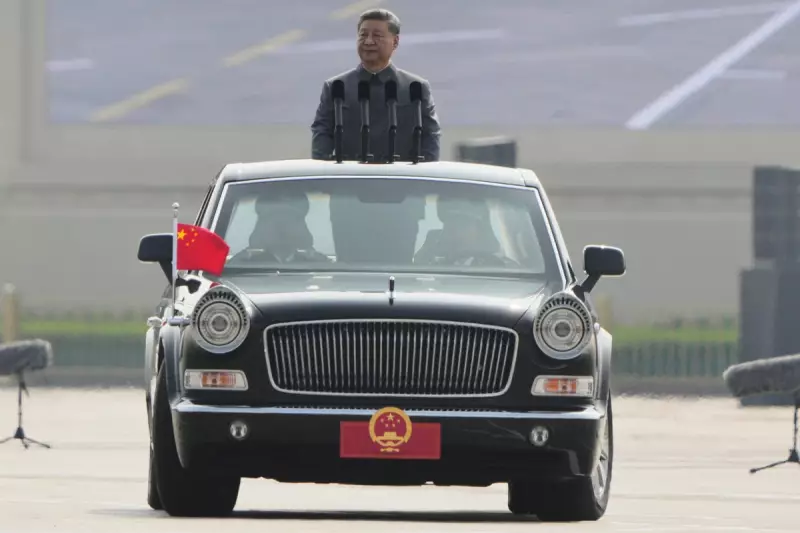
Beijing is rapidly escalating its use of invasive surveillance technology, implementing a sweeping facial recognition system that meticulously tracks citizens' daily activities, an investigation can reveal.
The sophisticated network, a core component of China's 'smart city' initiative, now monitors residents from the moment they leave their homes. It captures their use of public transport, records their purchases in shops, and even scrutinises how they dispose of their household waste.
The Mechanics of Everyday Monitoring
The system's integration into daily life is both deep and disquieting. Authorities have installed high-definition cameras equipped with advanced AI software across the city's infrastructure. This technology doesn't just identify individuals; it analyses their behaviour, creating a vast, interconnected web of data on the populace.
One of the most contentious aspects is the linkage of this surveillance to the 'social credit' system. Records of minor infractions, such as incorrectly sorting recycling or jaywalking, can be logged and potentially impact a citizen's score, which affects access to loans, travel, and employment.
Official Justification and Public Backlash
Chinese officials vehemently defend the programme, citing enhanced public security, improved urban management, and more efficient law enforcement as primary benefits. They argue that the technology is crucial for maintaining order in a megacity of over 21 million people.
However, the move has sparked significant unease among privacy advocates and human rights groups. Critics condemn the scheme as a dystopian tool for social control, creating an unprecedented system of mass surveillance that erodes personal freedom and anonymity in public spaces.
'This isn't about safety; it's about subjugation,' stated a representative from a digital rights organisation, who wished to remain anonymous for fear of reprisals. 'It conditions people to self-censor, knowing the state's gaze is always upon them.'
A Global Precedent for Surveillance
Beijing's aggressive deployment positions China at the forefront of a global debate concerning the ethical boundaries of technology and state power. While other nations debate regulation, China is implementing what is likely the most extensive domestic surveillance apparatus in the world.
This development raises alarming questions for the future of privacy globally, as other authoritarian regimes look to Beijing's model as a blueprint for digital authoritarianism.





